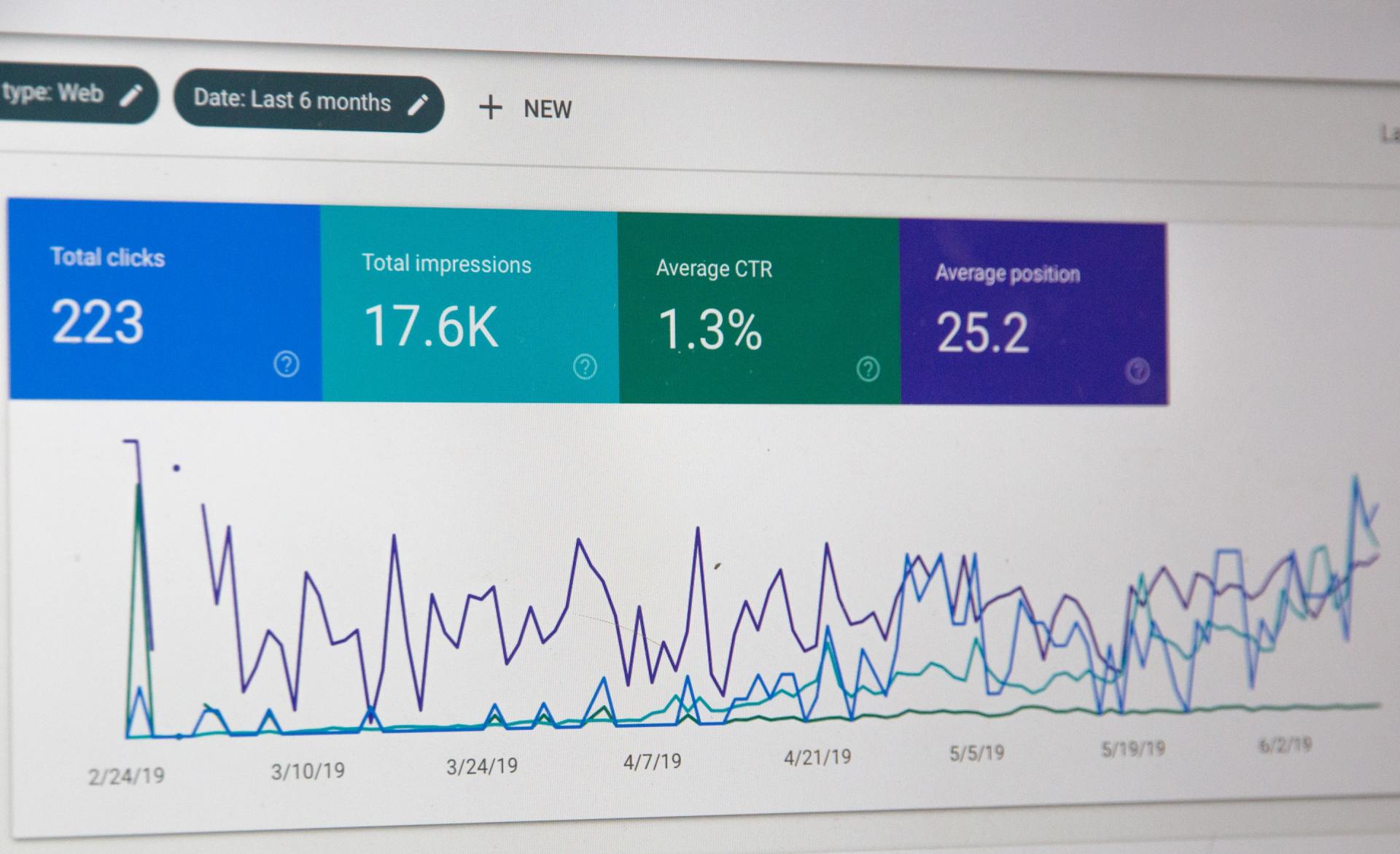Are We Really Living in a Golden Age of Entrepreneurship?
When New Business Means No Choice
Small business is often called the backbone of our economy. Entrepreneurs play an important role in job creation, new ideas, and economic growth. They launch products that people use every day and work hard to create their own path. Many view this period as a golden era for those who want to start their own business. Since the pandemic, there has been a noticeable rise in new business applications compared to previous years. Politicians have celebrated this trend as proof that the dream of working for oneself is alive. Yet, a closer look at the numbers reveals a more complicated picture.
According to the Census Bureau,
millions of new business applications were submitted last year. This increase shows that many people feel optimistic enough about the economy to take a chance on themselves. Opening a business means making a serious investment in space, equipment, supplies, and sometimes hiring a few people. Often, new business owners have to wait without a steady income while they build their customer base.
While new businesses can create jobs and boost productivity, there is another side to the story. Research by experts from the Federal Reserve and the University of Maryland found that most of these new businesses are starting in areas with lower incomes. In many cases, these businesses are simply moving from city centers to suburbs where rent is cheaper. This shift does not always lead to more overall business activity; it can sometimes just rearrange where businesses are located.
For many people, the choice to start a business is not about pursuing a passion. Instead, it is a necessity. A growing number of workers have joined what is commonly known as the
gig economy. Many of these individuals work a regular job while also taking on extra work to make ends meet. Instead of hiring employees or investing in growth, these gig workers register as businesses to manage their income and expenses. In the past, starting a business usually meant having some experience and access to savings or investment funds. Today, many people who start businesses do so because they have few other options.
This trend also affects workers who choose to be independent contractors. Although working as a contractor can offer flexibility, it often comes with a loss of job security and benefits. Some contractors are required to sign agreements that limit their future opportunities. While a few skilled professionals can earn a good income working for multiple companies, most people who turn to contracting are doing so because traditional employment does not provide enough stability.
Government agencies have been slow to recognize these shifts. One reason is that reports of job and business growth look good when shared with voters during elections. Another reason is that government programs meant to support entrepreneurship often report success by counting new business applications, even if many of those applications come from people working under difficult conditions.
If we want to support real, lasting growth in our economy, it is important to understand the true nature of this entrepreneurial wave. Instead of celebrating every new business application as a sign of progress, we need to address the challenges behind them. It is important to provide fair rules for independent workers, improve access to benefits like healthcare, and support workers so that starting a business is a choice made out of ambition rather than necessity.
In the end, entrepreneurship still matters. Creating new businesses can lead to innovation, job opportunities, and a stronger economy. However, it should not be the only option for people who find themselves without a stable way to earn a living. We need to recognize the difference between genuine opportunity and the pressure to start a business out of necessity.







